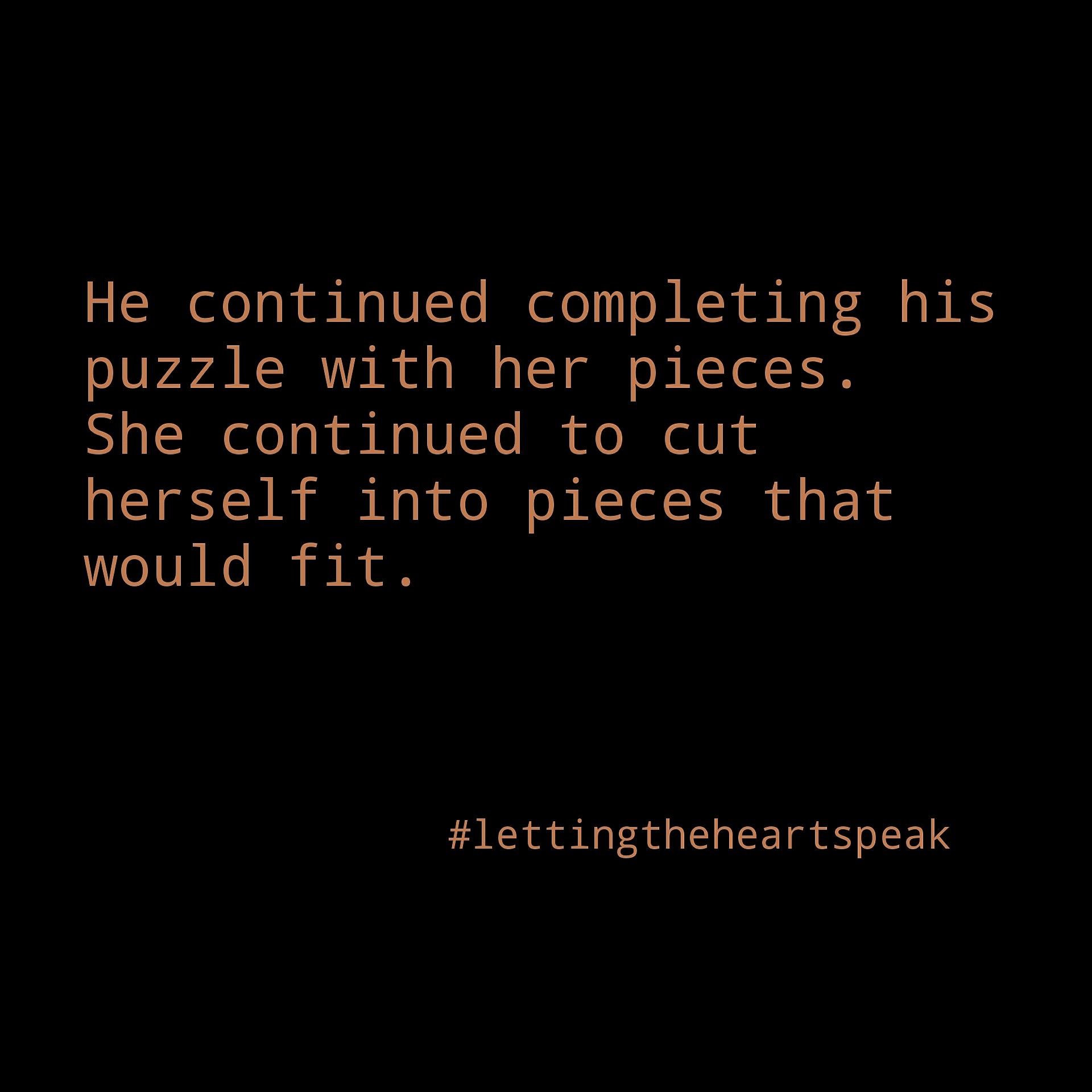The Only Thing Constant In Life
This blog has been my place since 2008. Scrolling back the years, it is crazy how things have changed.





A 19 years old me was an innocent one. She shared with the world everything that was in her head - mindless. The language was absurd and the point of writing was ridiculous.
"I think throughout the years, I have changed a lot. I have tamed my tongue, at least. Have you too changed? What were you like before?""I was a lazy freak. Glad that you've changed me.""I don't change you and you don't change for me. You are born responsible. Even if you are married to any other woman in the world, you'll be a better person. For you are a responsible man."
I change. My husband change. People change. Why? For change is the only thing constant in life.
But when we change, it is not people or a particular person that change us. It takes us to change us. It takes us to rewire the connection we have already had in our brain; when you change, your brain changes to.
Thus, it is foolhardily impossible to change other people or to change to please other people. Whether to kick bad habits, to change behaviour, or even to come out with new innovative ideas, the heart of the issue is unlocking brains.
Most of our daily activities, including many of our work habits, are controlled by a part of the brain called the basal ganglia. These habitual, repetitive tasks take much less mental energy to perform because they have become "hardwired" and we no longer have to give them much conscious thought. "The way we've always done it" is mentally comfortable. It not only feels right - it feels good.
Change jerks us out of this comfort zone by stimulating the prefrontal cortex, an energy-intensive section of the brain responsible for insight and impulse control. But the prefrontal cortex is also directly linked to the most primitive part of the brain, the amygdala (the brain's fear circuitry, which in turn controls our "flight or fight" response). And when the prefrontal cortex is overwhelmed with complex and unfamiliar concepts, the amygdala connection gets kicked into high gear. All of us are then subject to the physical and psychological disorientation and pain that can manifest in anxiety, fear, depression, sadness, fatigue or anger.
One can put on an act, pretending that they have changed, just to please someone who is dear to them. Poor enough, the change won't last for unlocking brain to rewire the connection takes a lot of time and effort. Perhaps, if you are able to put on the act for long, you'll change. Yet, when things go wrong or when you are around other people, you'll go back to the you - the real you.
Change is hard.

If it is not people then what make people change?
Events.
Do you still remember that one event that has changed you? There might be people that led you to the event, but it is 'the event' that changes you. In that event, even if the people were to be replaced, the impact of the event would still be the same on you - be a hurtful or a cheerful one. The event is so significant that you might replay it for thousands time in your head. And in each time you did, you imagine yourself act or respond differently. "I should do it differently", "Things might be better if I ...", "The event might not be that bad if ..." and the list goes on until you decide on the one thing you could do better. That is when you begin to learn to change.

I see myself change - this blog helps. The reason to my change isn't the people that pop in and out from my life. It is the events of joy and hurt. It is from the events that I learn how to adapt to the world that I am living in. Different people are leading differents worlds and battling different problems. Since people can't change the world they are living to suit them, they have to change to suit their world. For their own betterment.

Guys,
Don't go around thanking people once you've changed. No one has made you change.
Don't change to please others. There's no point.

Comments
Post a Comment
You say: